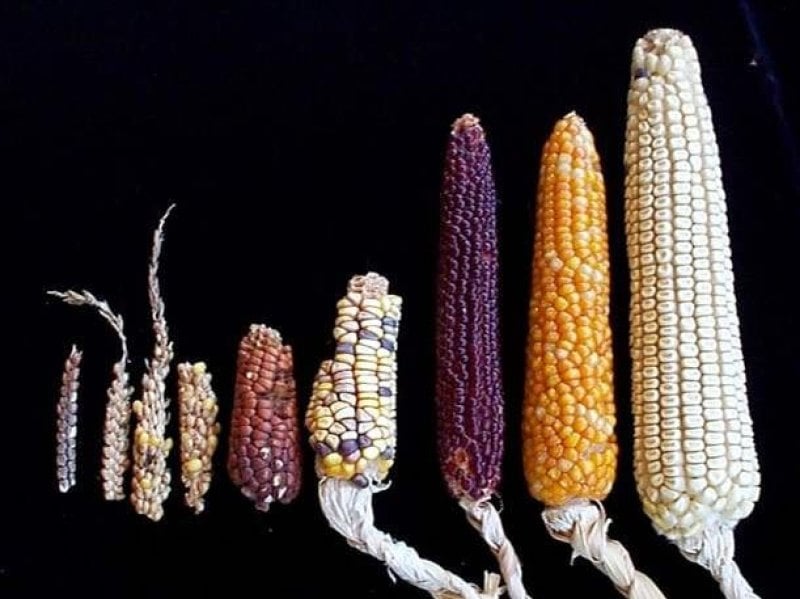Crop improvement has a history as old as human civilization. At its core is a strategy to pursue greater genetic diversity: conferring plants with new desirable traits or characteristics (which often runs counter to how plants are programmed to be competitive in the wild).
The oldest form of crop improvement is plant breeding, where breeders look for desirable qualities (yield, composition, resistance to pests/diseases) in different, but compatible plants of the same species and bring them together.
Breakthrough innovations including mutagenesis, hybridization and genetic modification offered further improvements overlaid on the steady gains made from breeding.
…
To reach a new plateau with our modern plant cultivars, we have to give plants new tools beyond the code that is in their genomes today. It bears repeating that plants evolved for survival and not human benefit. We as humans want seeds and grain that have maximum yield, are more nutritious and can thrive in adverse conditions.
However, the ancestral relative of a modern crop did not grow in a cultivated setting. It was programmed to ensure its survival across the broadest set of scenarios. There was no selective force to improve its seed yields beyond what it needs for reproduction. Grain or seed composition was historically not about human nutrition but seed viability.































